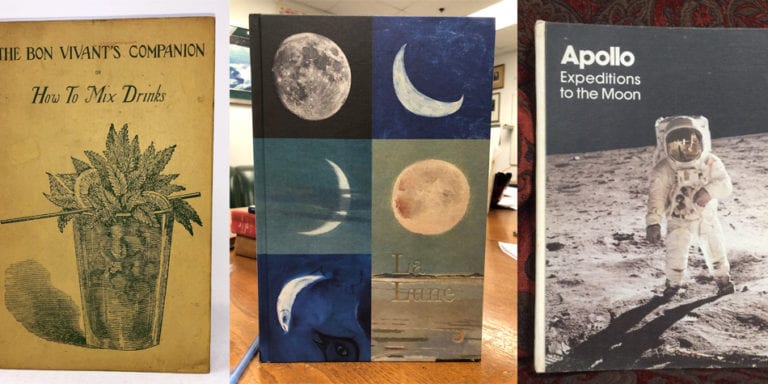
Crossing the Bar
“Am I dying?
Is this it now?”
“Let me help you
across the Bar.”
“I cannot see
the other side.”
“There’s no far shore.
In the water
is salvation.”
“I do not wish
to face my doom.”
“There you will see
the universe.
All in your hand.
Raise it on high.”
“I am so sad
and so alone.”
“Be of great cheer.
You’ll not look back.
All men must cross
this strand alone.”
“I’ll follow you
across the bar.
I see my doom
it is not far.”
“Its salvation
across the Bar.”
April 26, 2019
The sunrise continues to run north along the horizon. It will continue until the solstice. Then it will stop. It will start to rise a little farther south each morning. My house on the mountain faces almost due east. There is a gap in the forest so I can see a bit of the horizon.
The sun will only rise in that gap for a few weeks around the equinox before it continues south toward the winter solstice. Time is measured differently at home. Cutting wood, stacking wood; it dries during the summer and early fall; then the first cold nights of fall, and the first fires are lit and allowed to die; then the winter when the woodstove rarely gets dark and cold. The last third of April is the end of frosts. I’ve carried out all the potted plants that wintered over indoors. The last third of October those plants will make their way inside again.
There are the seasons of the flora in the woods. The end of April marks the ending of daffodil season. The late varieties are blooming now. The last of those will be gone in a couple weeks.
I love daffodil season. It is a riot of yellow and orange and cream and green. It begins in early March. The green stalks rise from the dead winter earth like fingers—perhaps gesturing to winter a not so polite farewell. The blooms build to a crescendo in early April. I was looking for an antonym to crescendo. It is decrescendo. Who knew?
We are in the decrescendo of daffodil season now.
Each year I have planted five hundred or thousand bulbs in November or early December. Another seasonal “time”—bulb planting time. I have good intentions right now to plant many more this fall. I will put stakes in spots where they will go, for all remnants of the flowers will be gone—except under the earth—by fall. If I don’t mark where they should be planted, I might accidentally dig up existing bulbs.
Now the vast fernbrakes are greening in the woods. I am blessed with acres of Hay Scented Ferns. The sweet scent of new mown hay is released when their fronds are crushed between the fingers. This species suppresses other vegetation and forms large colonies of nearly electric lime green. In fall they yellow and die.
Of course, the trees go through their familiar cycles. I like a large part of my life being measured in “Nature Time.” Down in the valley, at work in the Wonder Book warehouse, the clock is the same minutes and hours 365 days a year.
This week’s book story will be a mélange. I am under a short deadline because my editor has other commitments. So, I simply cannot delay until Friday afternoon to get the copy to her as I always do—despite good intentions.
What follows are some very brief vignettes—old and new.
1. Book Seller for a Day
This first vignette will a bit of a diatribe, perhaps.
Every Book Lover’s Dream: The Airbnb Where You Get to Run a Bookshop
Hmmmm…kind of like pretending to be a doctor for a day?
Well, running a bookshop and creating a bookshop are two different things. Sometimes we promote people to be managers at the stores very quickly if times are desperate. So, I won’t look askance at this opportunity to play bookseller as an amenity to your Air BNB stay. I wonder if the temporary “cast” gets to buy books brought to the store? I doubt it. In an open shop, knowing what to buy and how much to pay for the books is very complex. It requires experience and some education—formal or not. The rental property’s owners wouldn’t let the guest loose with the purse strings, I don’t imagine.
Lack of prejudice has been a hallmark of Wonder Book’s success. Since the beginning, I’ve been happy to buy—and sell—all manner of books. From series romance paperbacks to comic books to 4 and 5 figure collectibles and first editions. We, for many years now, turn nothing away. Still, you have to know what to do with what you’ve acquired. Can you resell the book at all? Is it worth a dollar, 5, 50, 500?
Within a couple hundred miles of Frederick are 8 or 10 or maybe more booksellers who like myself have spent their entire adult lives in the trenches of the old book business. A few have retired or disappeared. We’ve all developed different models. We all have had different degrees of success. We were, at one time, the young turks of this region’s book trade. In our 20s we were facing very uncertain futures, perhaps with parents or friends who told us: “You will never succeed. Used books are something retired people do!” There have been many times where my paychecks have lain upon my desk uncashed for long spells. It wasn’t that many years ago when we were going through “growing pains” that I counted over 20 biweekly checks piling up on top of the bills. I still don’t do automatic deposit for my checks. Perhaps, like my parents’ memories of the Great Depression, I am concerned that I couldn’t put my finances on hold for the good of Wonder Book. My pocketbook can still be an ace in the hole for the company’s times of trouble.
I’ve always been a bit…is the word “snobbish”?…about my colleagues who have entered the trade as retirees or as a second career—with a pension or 401(k) or some kind of security. I’m not saying they aren’t just as good or even better booksellers than I. They just simply cannot have the “edge” the lifers do. For us it was do or die. By “die” I mean get a real job.
Then there are the multigenerational booksellers. The same goes for them. They “grew up” in the trade and had the foundations laid for them—perhaps long before they were born. I was not born “of the blood.”
Believe me, I would have gotten into the book trade whenever or however I could have had circumstances been different.
“Yer jes jealous,” my long gone Alabama mom would be saying to be sure.
And she would be right!
It is a kind of tradition in the used book trade to welcome and help new booksellers, young or not so young.
So, if you want to pursue bookselling as a career, second career or avocation, please join us. There are plenty of books looking for your help.
I am very proud to have built what this is from scratch. I don’t miss the desperate days of looking for pocket change in the cushions of the sofa for gas money. But the struggle and the growth have been…fortifying.
Of course, that’s easy to say in retrospect.
2. Stories from the Early Days
The following are three very short stories that were written many years ago. The times recorded in them were even older.
a. Casting Out the Demons
One early house call was to an old apartment building in downtown Frederick. A Mrs. Mick had called and said there were forty-five milk crates of books she wanted removed. I arrived and worked my way up three flights of old style steps, the kind where you have to backtrack the length of the flight of stairs to get to the next landing. The books did not match Mrs. Mick, but then that’s not my business. It was probably the most comprehensive weapon and survival and mercenary collection I’ve ever bought. Mrs. Mick, standing next to these milk crates which occupied a large portion of her living space, was no mercenary. She was widowed or divorced or abandoned. She wore a bold print (now faded) sleeveless cotton housedress. She wore no stockings and no makeup. Her shoes were worn in the soles and splitting at the seams . Her heels were turned inward a bit and swollen. Her short graying hair saw a comb but no other styling. Those feet spoke of years behind the counter at a diner or five and dime store.
“He’s gone a year and a half now, and I don’t think I should have to keep them anymore.”
Her baby brother, in his thirties I should guess, had begun to subscribe to mercenary journals in the early 1980s. He was a security guard. I envisioned he was the type that liked to wear uniforms and military accouterments, but couldn’t make it as a real cop or soldier. The mercenary magazines must have turned on the “romance of war” juices in him. Why else would he have answered the ad and left the comfort of small-town America? She said the last she heard, he was off to Africa.
The milk crates were easy to tote because of their handles, but the steps were murder. Up and down forty-five times. Up, cross back, up, cross back… It was August, and I was wet through when I returned to open the shop that morning. I didn’t find any books I wanted to keep for myself from that lot. Although one of the crates incongruously had a feline cast iron doorstop. That I still have holding the door between the kitchen and the den at the old home. It’s strange how an object can transport you to a time and place in your life so long gone; how some objects have unforgettable origins of their acquisition.
She must have fretted for months after that he might show up:
“Sis, I’m home…”
But what relief she must have felt, reclaiming her home from a milk crate wall of hate and destruction and death.
b. Lonely Farmer
A long, dusty farm lane led up to the small frame house. The galvanized steel roof had been hammered on long ago. Time and disrepair had allowed large brown spots to bleed through in numerous places. The rust flowed slowly down that metal roof’s slope. Like a glacier, its slow progress could be charted from its beginning to its current boundaries. Like a glacier, its progress would mean slow but sure destruction. Unstoppable, irreversible, irreparable, the rust moved with the seasons. Resting in the sun and dry. Awakening with the moisture of fog, rain or dew until the integrity of the steel is penetrated, and all is lost for any books beneath it.
The door was unlocked as I’d been told. I walked right in as I’d been told.
The kitchen was the center of this house. Spare and worn. As I imagined its owner must have been. Scarred table, scarred counters, scarred chairs. Scored sink, scored pans, scored plates in the drying rack. The floor tiles, the porcelain on the sink, and the paint where the hand hit the swinging door to the living room were worn through by the same hands and feet, the same motions repeated for years. Day in and day out by the bachelor farmer dead by his own hand at age forty-eight. Now he was alone forever or reunited with his stern parents who had been his only intimates.
I pushed through the swinging door into the living room. A worn sofa slumped against the interior wall. Its internals were sprung, and the cushions pressed flat. The coffee table in front of it had its finish scratched and worn through to bare wood where boot heels had hit and scraped on ten thousand nights. Daylight entered through the windows as it should. It bled around the sashes and frames where warping and shrinking had corrupted the seal inside and outside. The rest of the room was books. Floor to ceiling on shelves built with scrap lumber patched together on late evenings when elective work could be done.
One wall of books was ruined. Water, the greatest killer of books, had found access through the metal sheeting above. It ran down along the slanting roof joist. Down to where the angle of the roof intersects obliquely with the vertical of the wall. Then straight down the wall where it hit obstacles like lathe and plaster shelving and nails and wallpaper. There the water spread delta like along the back of the bookcases. Months or years of wetness awakened spores of mold and mildew on the books and they blossomed their hideous micro flowers. “Ur-blooms”—primitive life claiming one of man’s sophisticated creations. Insuring the return of these creations to their simplest parts. Insisting that this low common denominator of life will slowly break complexity down to simplicity.
All the rest, the survivors, were dirty books. Dust from dry plowing. Dust from hay and straw mowing. Dust kicked up from the dirt drive by the old rusted out Chevy pickup outside. Dust from across the barren fields raised by winter wind before, between or after snowfall. Dust would find its way in under the door and around the window frames. Dust found its way onto the books.
It was a bipolar collection. There was no order to the books. Indeed, both poles were shuffled together. Perhaps they were in the order he read them or acquired them. All he collected was science-fiction and farming. Reality and fantasy.
The farming books were a rather comprehensive collection. He had mid 19th century guides on strawberries and grapes. He also had contemplative books on farming philosophy and the land. There were popular titles like Making Horticulture Pay and The Farmer Gives Thanks. There were a lot of English titles like Plow and Pasture. The British books had distinctive long blank spines with the titles bunched at the top in small horizontal type. American publishers seem to prefer vertical spine titles. Many of them had rather high pencil prices by many different hands inside the cover suggesting mail order or shopping trips far afield. All together there were several hundred undamaged farming titles. But for each of those, there were five science-fiction books. They were mostly book club editions. Mostly classics like Heinlein and Clarke and Asimov, et al.
They were all dusty.
The typical configuration of books on a shelf means that almost always just two of the six sides of a book are ever exposed. In neglect, the spines tend to catch the sun or other enemies. The top catches dust and insect carcasses. But here, in this house, the dust penetrated between the books. And into the cloth itself. The rich dark green and burgundy buckram covers that held so many of the farming titles were lightened, bleached. Not by the sun, but by the light colored soil which wedged its way via micro particles into the fabric until it became part of the book.
Well, most of them could be cleaned up for sale. The vinyl bound science-fiction book clubs would only need one pass with a damp cloth. Many of them were obscure enough that they would sell readily as reading copies. The specific subject agriculture books would do fine on the Internet where condition problems weren’t necessarily a liability. Painfully accurate descriptions of a book’s defects, we found, were not always a deterrent if price and scarcity mitigated them. So, many of these books found their way to other places, perhaps to other lonely farms. Some even landed in universities. One school in Australia needed twelve of them.
I removed the books and left the farmhouse to the dust. Eventually, it would be pushed over to make way for a townhouse development so more folks could move to the country. And the dreams and fantasies and thirty years of loneliness would become less than anonymous. Unknown. Obliterated.
c. Malabar
Dreams die too. Very early on, I got a call from an assistant newspaper editor who had recently been let go. Newspaper were very strong financially and powerful in their communities back then. His nose was red and bulbous. Gin blossoms bloomed on his cheekbones. I assumed he was fired because of his age or drinking or both, although what excuse he was given I don’t know. He was taking a job with a paper in Idaho. This newspaper was even smaller than the one he was leaving. He was in his early sixties.
What was most unusual was that his library had stopped over thirty years previous to my visit. There were no books less than thirty years old in the house. Almost all the books were stamped “Graham Acres, Lovettsville, Virginia.” His name was Graham. It was a nice collection. It was a writer’s collection. There were classics on writing and being an author and biographies and autobiographies of writers. It was mostly a man’s collection, but perhaps 15% of them were more feminine and had “Louisa” inscribed on the end papers. This was a new puzzle. I’m not one to pry while I buy. Also, asking questions can open a can of worms resulting in hours more than I ever wanted know about the subject. There were numerous pieces of this puzzle in plain sight. There had been a Mrs. Graham. Perhaps that sepia-toned photo in the silver-plated, art deco frame was her. It stood alone on a sideboard. From his many books of all kinds on alcohol and drinking, I saw that booze had played a large part in Mr. Graham’s earlier life. Plus, it became clear they had had collies on Graham Acres in rural Virginia. There were books on running a kennel and numerous titles on collies.
Why would someone stop buying books for thirty years? Scenarios flashed before me. Death or divorce, booze or infidelity. The trail remained cold even after I went through the books. Had Graham discovered he’d not go beyond being a hack on a small town paper? Had he given up hopes of being a writer and begun to drink? Perhaps his muse Louisa had left him and like Mrs. Faversham he stopped everything in his home but existing.
There were no other clues. No inscriptions or subject areas to shed light on the cataclysm of thirty years ago. The remaining body of his dreams of authorship was disbursed to the shelves of my store. The only vestige being the stamped end papers Graham Acres—his Malabar Farm that never was.
[Oddly, I came across one his books a few weeks ago.]
[That book has been in my collection for over thirty years. It got separated from the herd, or herds actually, in my homes and office. It came to hand when I went through a pile of stuff I had packed away when the farm I’d lived on in the 80s and couldn’t bring myself to sell until 2000. It is a seminal cocktail book written by Jerry Thomas who many consider the “Father o Bartending” and “Drink Mixing.”]
Jerry Thomas (bartender)
https://en.wikipedia.org/wiki/Jerry_Thomas_(bartender)
Jeremiah “Jerry” P. Thomas (October 30, 1830—December 15, 1885) was an American bartender who owned and operated saloons in New York City. Because of his pioneering work in popularizing cocktails across the United States as well, he is considered “the father of American mixology.” In addition to writing the seminal work on cocktails, Bar-Tender’s Guide, Thomas displayed creativity and showmanship while preparing drinks and established the image of the bartender as a creative professional. As such, he was often nicknamed “Professor” Jerry Thomas.
This book takes me back to Mr Graham’s apartment and his book collection all of which was 30 years old or older. Clearly, this cocktail book speaks of good and happy times. What I remember is a tired man, selling his library and moving to the middle of nowhere for what would almost certainly be his last, last job.
3. I Can Still Touch the Moon
Last week’s book story about my Paris book adventures—April in Paris 2—mentioned a serendipitous visit to an exhibition in the Grand Palais where the rare book show was also taking place.
La Lune—Du Voyage Réel aux Voyages Imaginaires
The 50-year anniversary of the first human step on the Moon is an opportunity to study, present and celebrate the long history that links humans with this familiar celestial body, through the artworks and objects that embody the countless visions and emotions it has inspired. This five-part exhibition is a journey to the Moon, through dimensions both real and imaginary. Each stage takes visitors on a voyage through time, revealing artistic creations from Antiquity to the modern day, produced mainly in Europe but also by African, Arab and Far Eastern civilizations.
The moon has always been a force in my life. Perhaps that is because I was born under the sign of the crab—if you believe in that sort of thing. I don’t…well, not too much…
I am moody and tidal and in constant flux.
This July will mark the 50th anniversary of the Moon Landing. One of the first book stories I wrote was about Neil Armstrong. That was written in August 2017. It will follow in a few paragraphs. I’m pretty sure very few people were reading these things back then.
The exhibition was very moving. There were photos Armstrong had taken on the moon. There were artifacts from the journey like toothpaste, a razor, clothes… There was even a facsimile first footprint on the floor cast in concrete or some similar material so that I could put my foot in that first footprint; in Armstrong’s shoes as it were.
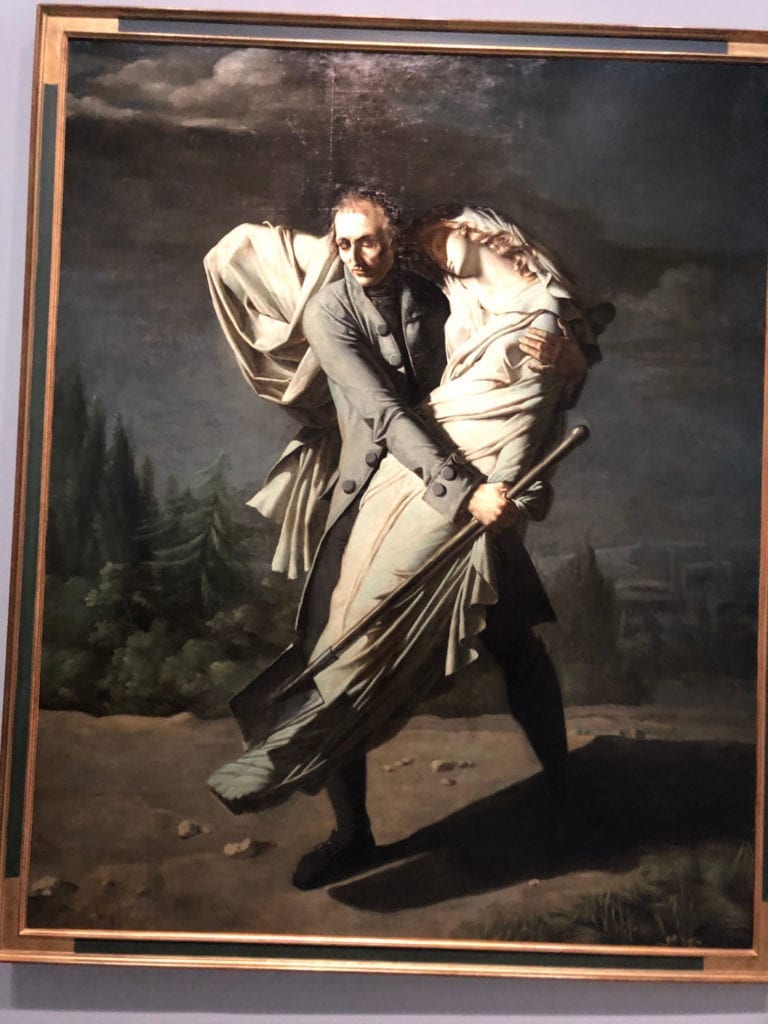
The exhibition continued into history and art and myth. I saw many moonish things I had never seen before.
I so enjoyed the show that I returned at the end of the day and purchased the hardcover exhibition catalog. It was 45 Euros. It is in French in which I’m barely conversant. More importantly it was heavy. Over 3 pounds. I toted it that last evening through many streets in Paris. It was at The Dog Who Smokes (Aux Chien qui Fume) where I sipped a couple glasses of Sancerre. It was in my hands when I crossed the Pont Neuf to the Île de la Cité. It was between my feet when I took a nighttime picture of Notre Dame. That was Sunday evening April 14th. It was the great lady’s last night. Notre Dame burned the next morning. A friend texted me while I waited in line for a plane home from Charles de Gaulle Airport.
That has become another book in my collection which takes me many places and always will.
In the future if I see its spine on my shelf or I take it down, it will remind me of that April in Paris…Notre Dame’s destruction and a few more personal things…
Here is an early Wonder Book blog—I Can Touch the Moon written in August 2017.
Armstrong, Aldrin and Collins were launched away in space
Written by Scott Seely, Zeke Manners—performed by The Byrds on the album Ballad of Easy Rider
Millions of hearts were lifted, proud of the human race
Space control at Houston, radio command
The team below that gave the go they had God’s helping hand
In July of 1969, the world watched as a man placed his foot upon another heavenly body for the first time.
There was worldwide euphoria. Mankind had DONE IT!
And then they returned safely!
It seemed as if we were no longer tethered to this world and all its problems. Soon space would be a frequent destination and planets could be colonized. The limits were gone.
In a couple years, it will be half a century since Neil Armstrong took that “one small step.”
Armstrong left the world for the second and last time on August 25, 2012.
People often ask, “Why collect books?” If you are reading this you probably already have your own reasons for acquiring, reading, and keeping the books you have.
A friend, Barbara Mertz, a wonderful and world-famous author who wrote under noms de plume Elizabeth Peters and Barbara Michaels as well as non-fiction books on Egyptology under her own name, often asked me (with a wry smile), “Why do people care if I sign their book?”
I replied (many times), “It lets us get a little closer to those who do magical things we mere mortals only dream of.”
She’d laugh and sign away in her perfect graceful hand. I think she just wanted to hear once again that people care that much. She enjoyed signing her books—if asked politely and in the right circumstances.
Do I collect books? Boy, do I! Sometimes I “wonder” if all the millions of books surrounding us here in the Wonder Book warehouse are just an extension of, or an excuse for, the passion to “own” the printed word.
My books? Many are just handsome or pretty editions. Some I just want to read. Some have some kind of inherent value—illustrations, first editions, early printing, typography, autographs…
Some transcend those earthly goals.
Where did this gem come from?
We don’t know.
Wonder Book “rescued” this book. We buy all books that are brought to us at all three brick-and-mortar stores every day. Each store often gets 30 or more “buys” from the public each day. We buy and pick up hundreds of thousands of charity sale leftovers every year. Scouts bring us numerous regional collections from house calls and other sources every week. We make house calls as well. If it is a particularly important collection, we will segregate it and sort it as a single lot. But for most of the thousands of boxes we sort through each week—well they all just get put into the “mix.”
We do have a very complex sorting (or triage) formula which helps us winnow out the chaff that comes in to avoid spending money on putting unsaleable books online or into our stores. That formula also helps us catch potentially valuable books so we can have experts here give them a closer look.
That’s what kept this book from just being another book here. We caught it. We saved it. And we are sure that it will be a very special book to the next person in the chain.
But now, and for the foreseeable future, that book is here. Safe. It elevates me whenever I take it out and hold it in my hands. For when I open it I feel I am transported.
Neil Armstrong signed it.
Neil Armstrong’s hands touched the Moon.
I can touch the page where he placed his hand to write his name.
A sigh and then a deep breath.
We did it.

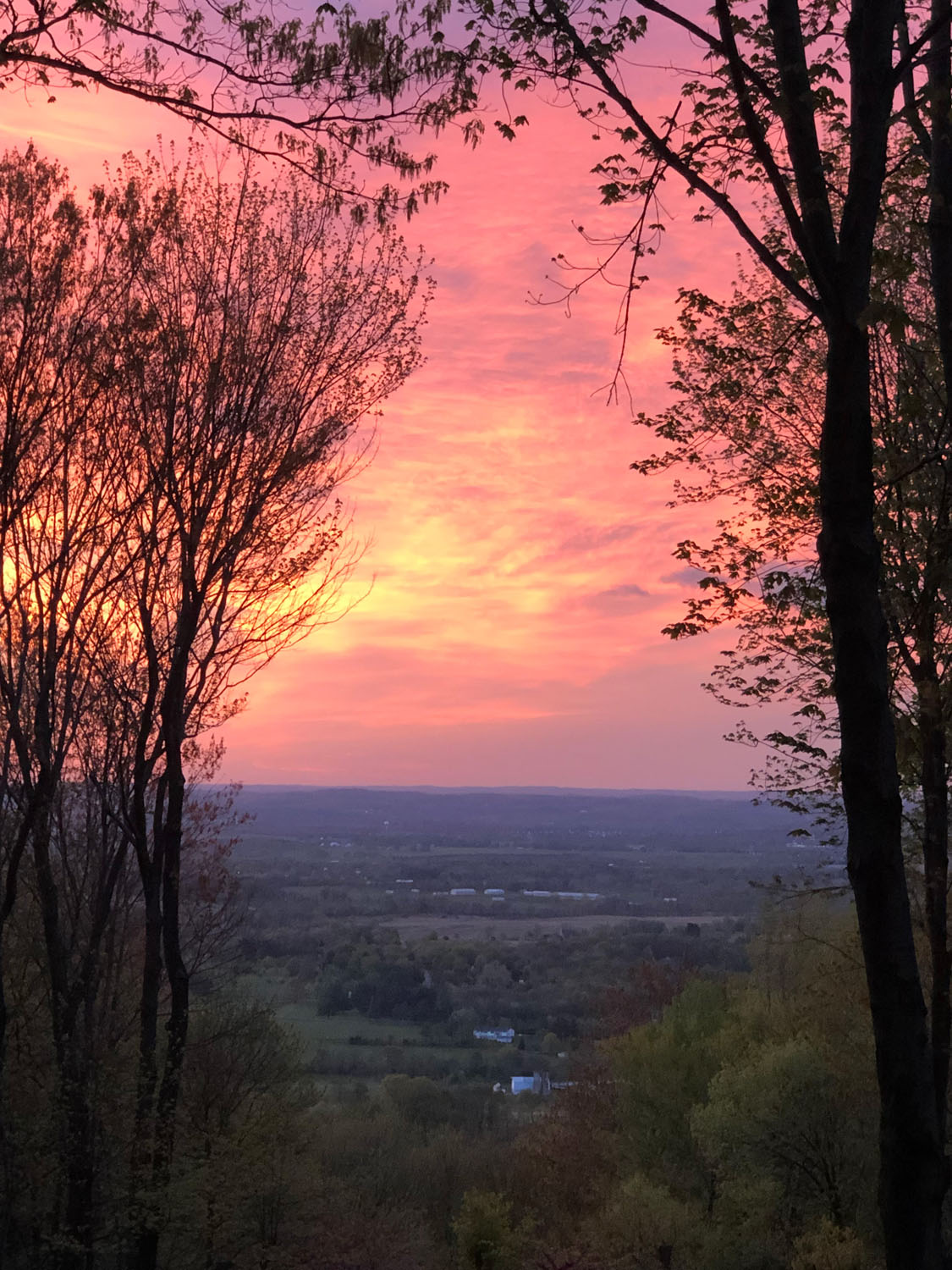
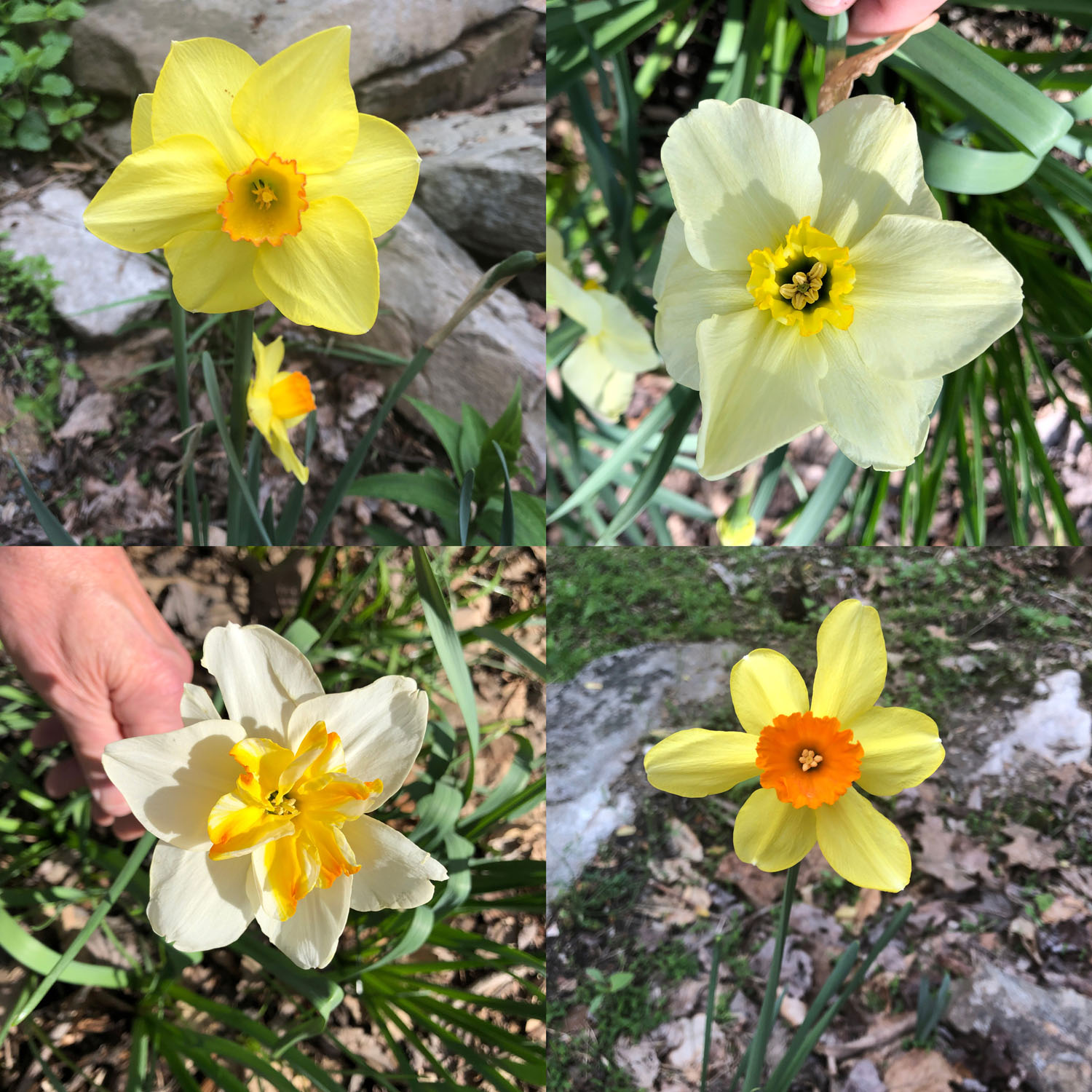

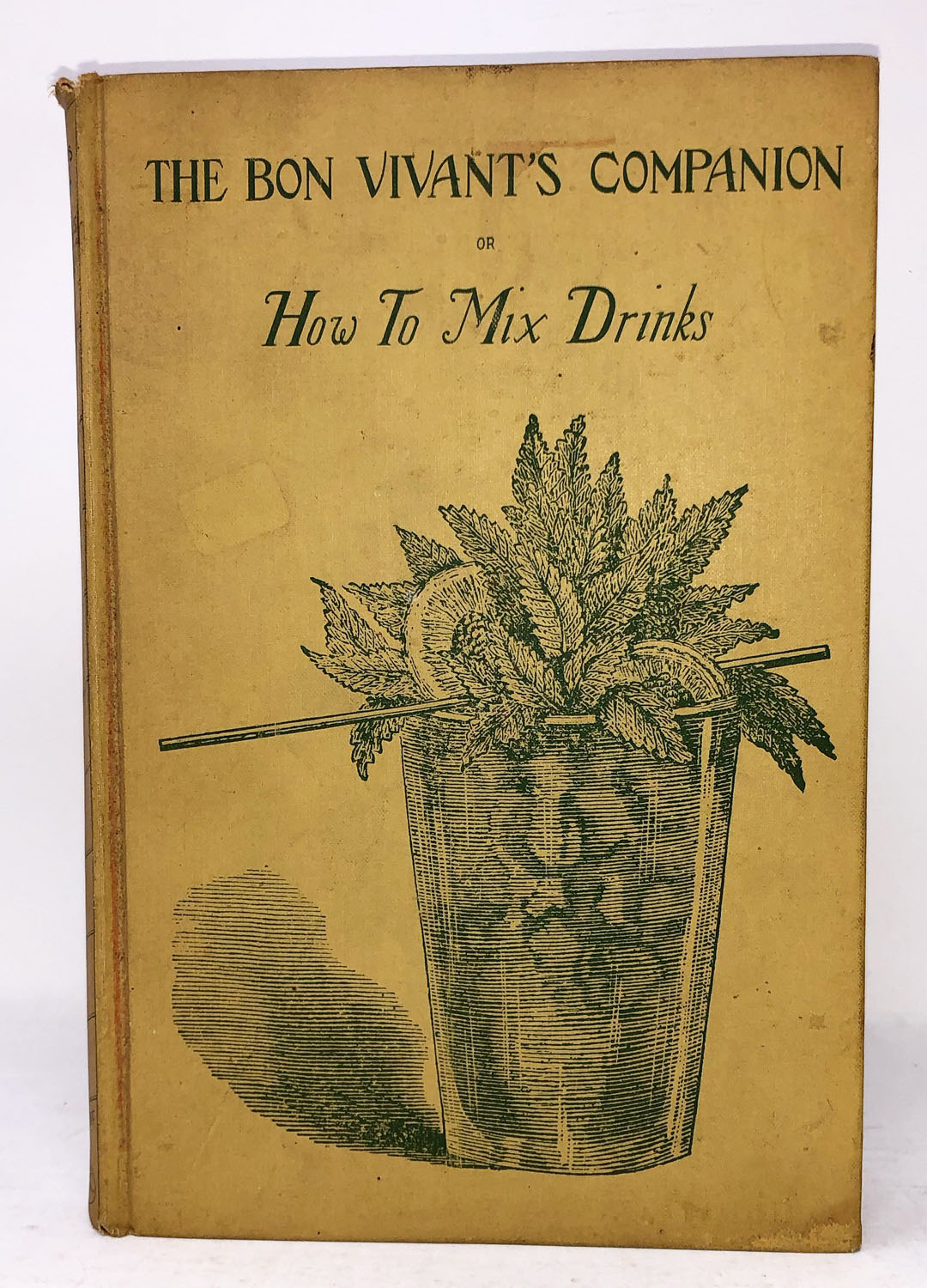
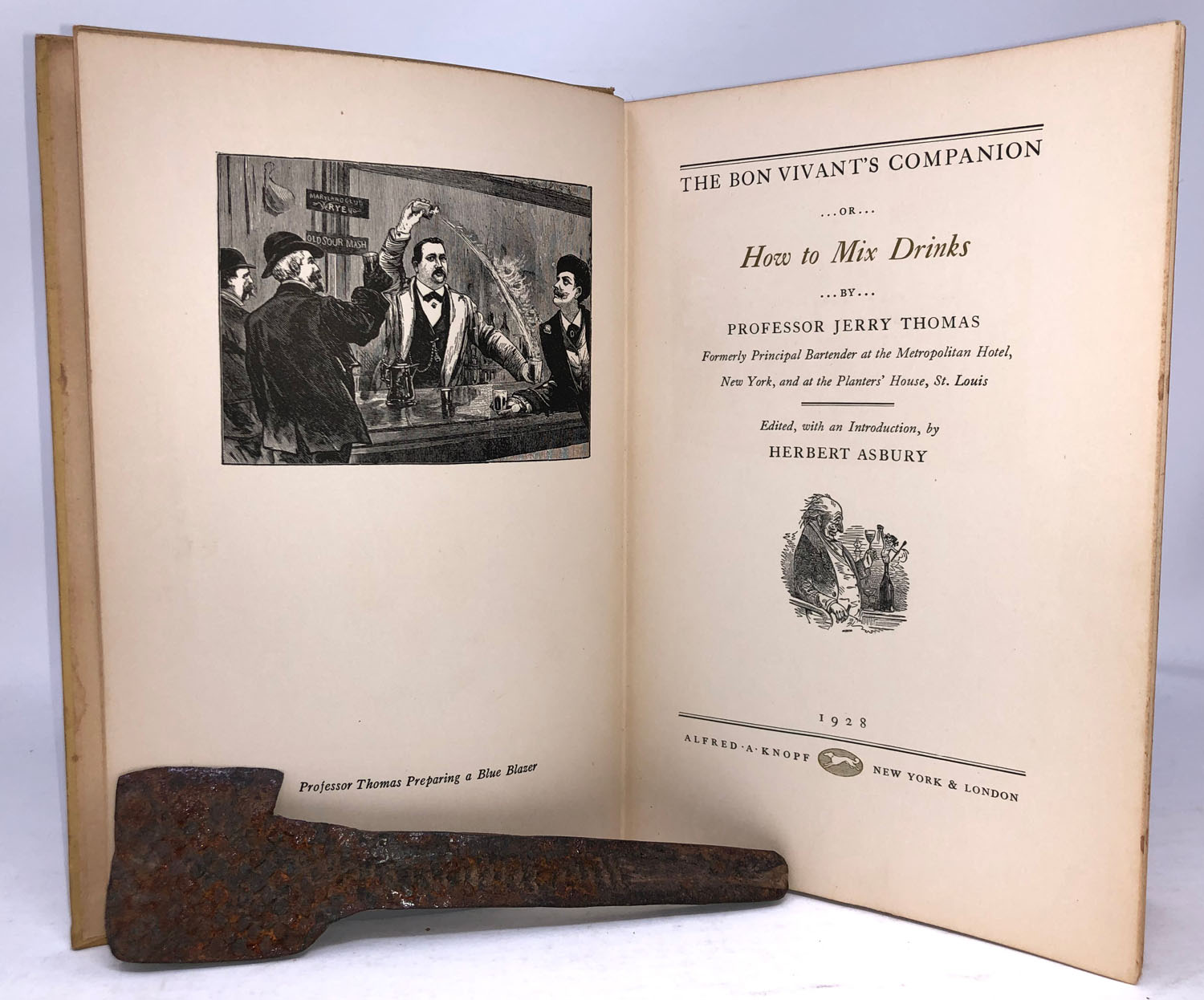
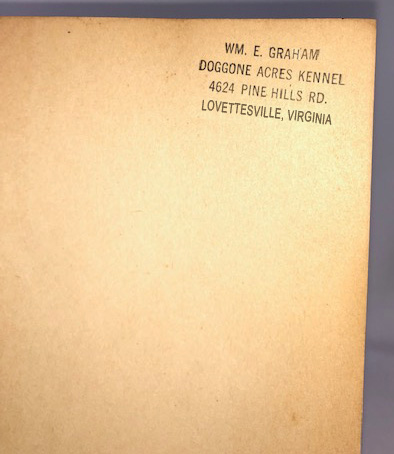
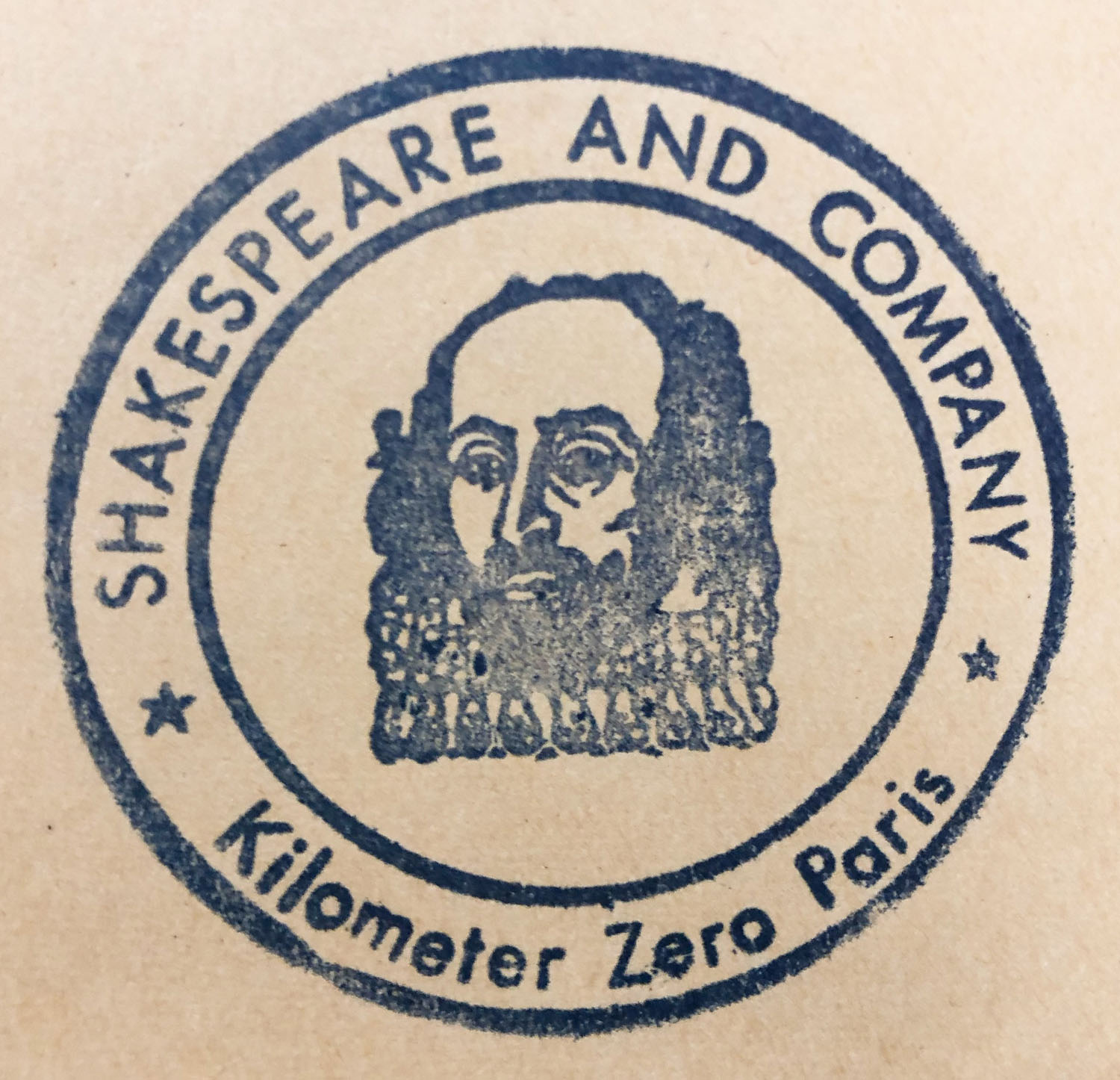
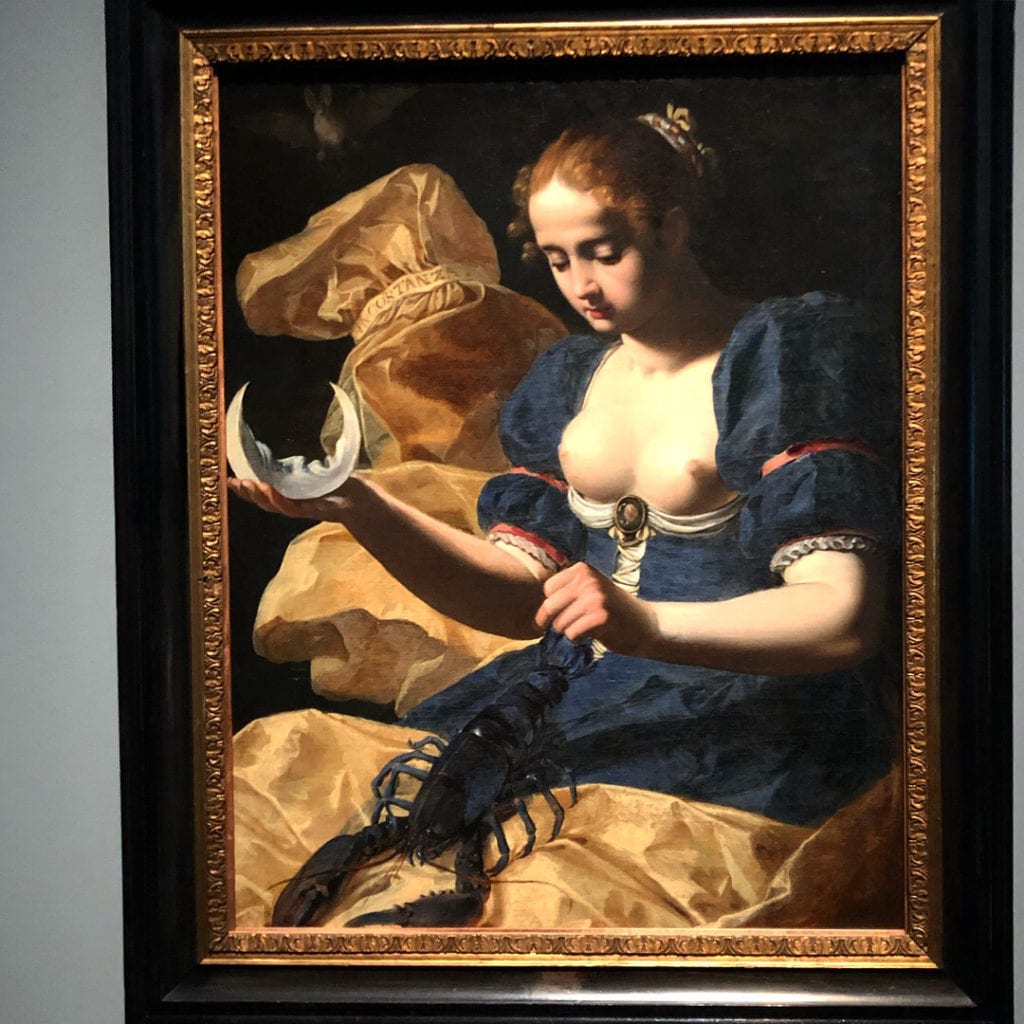
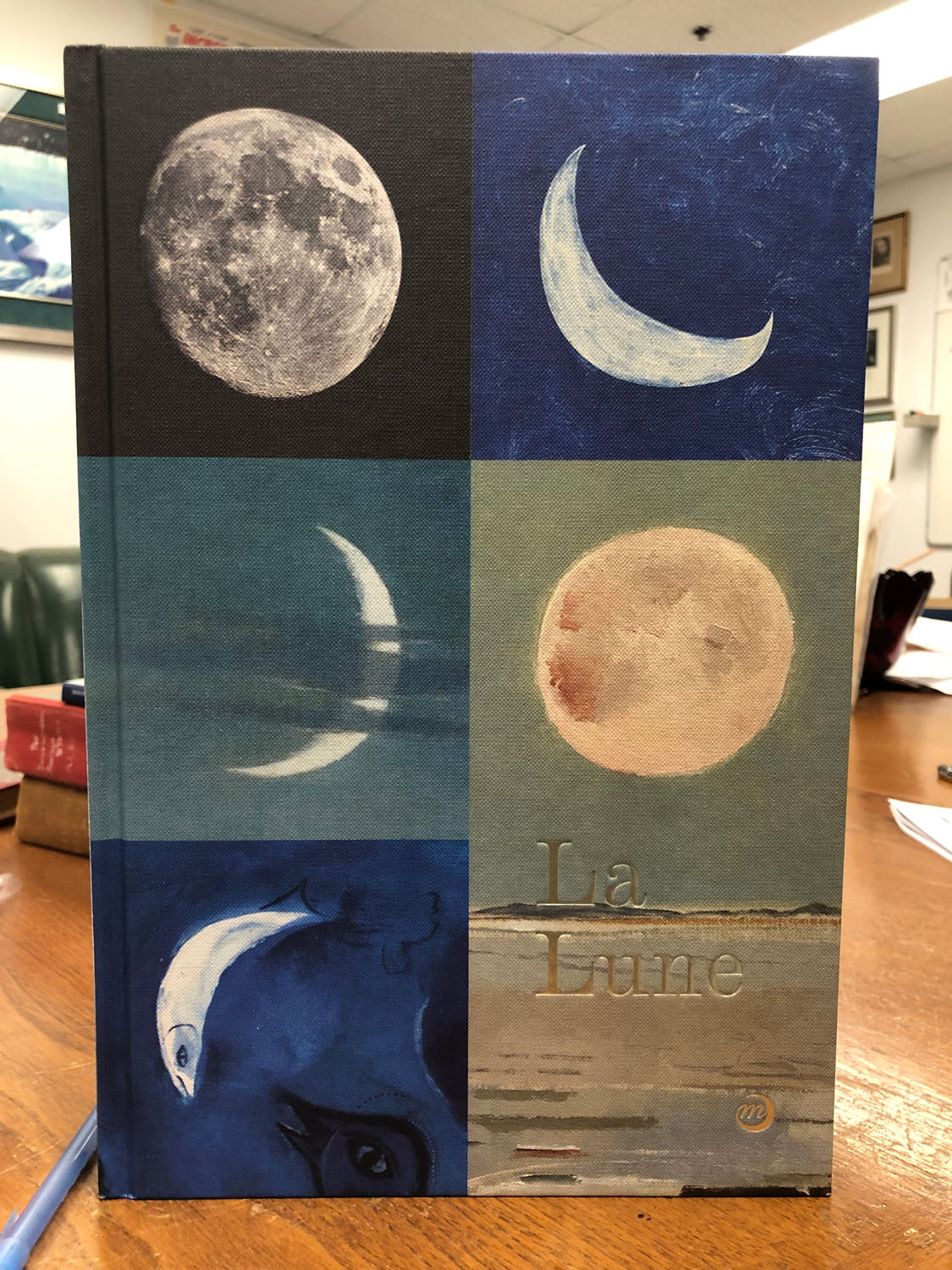
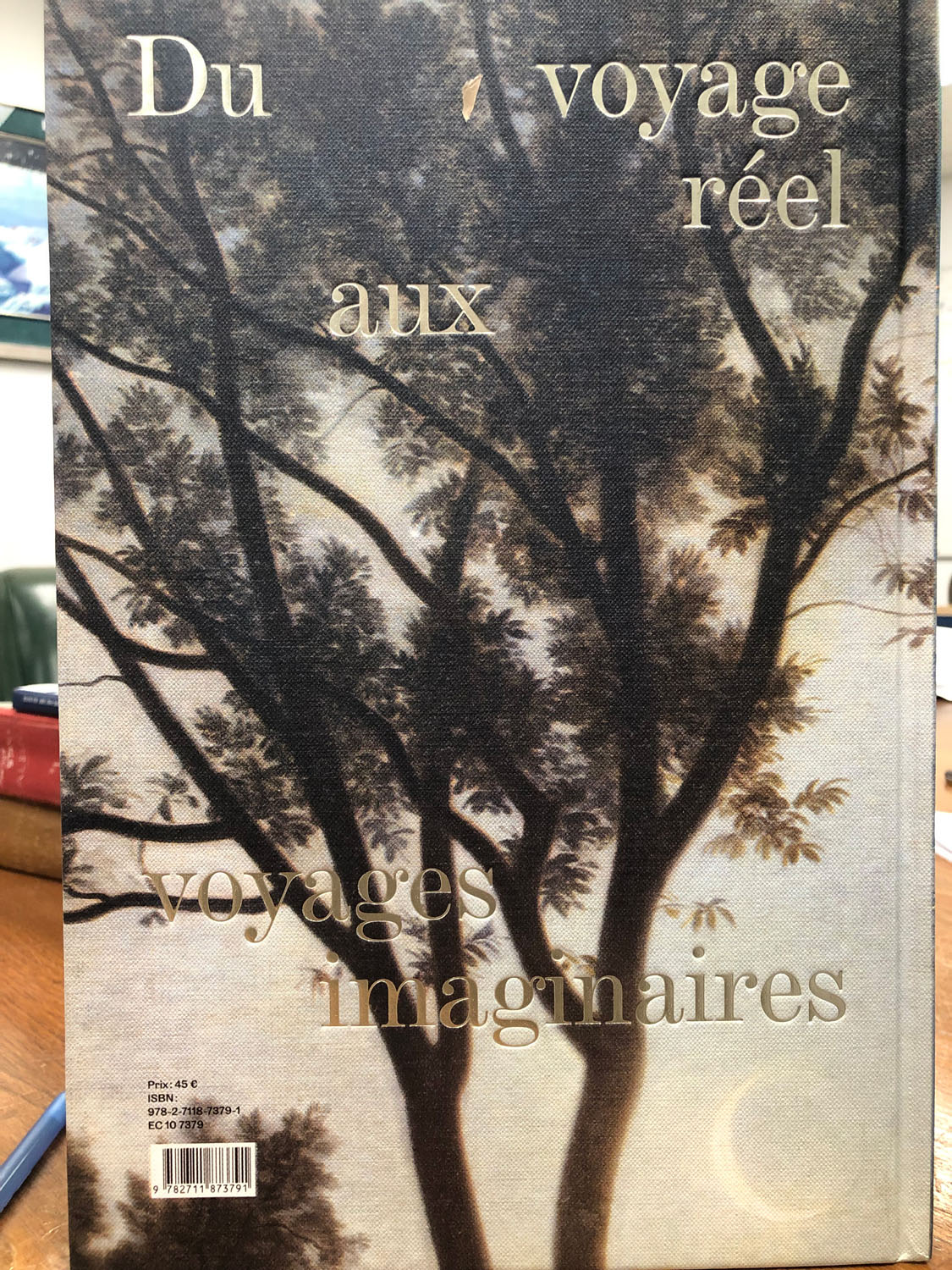
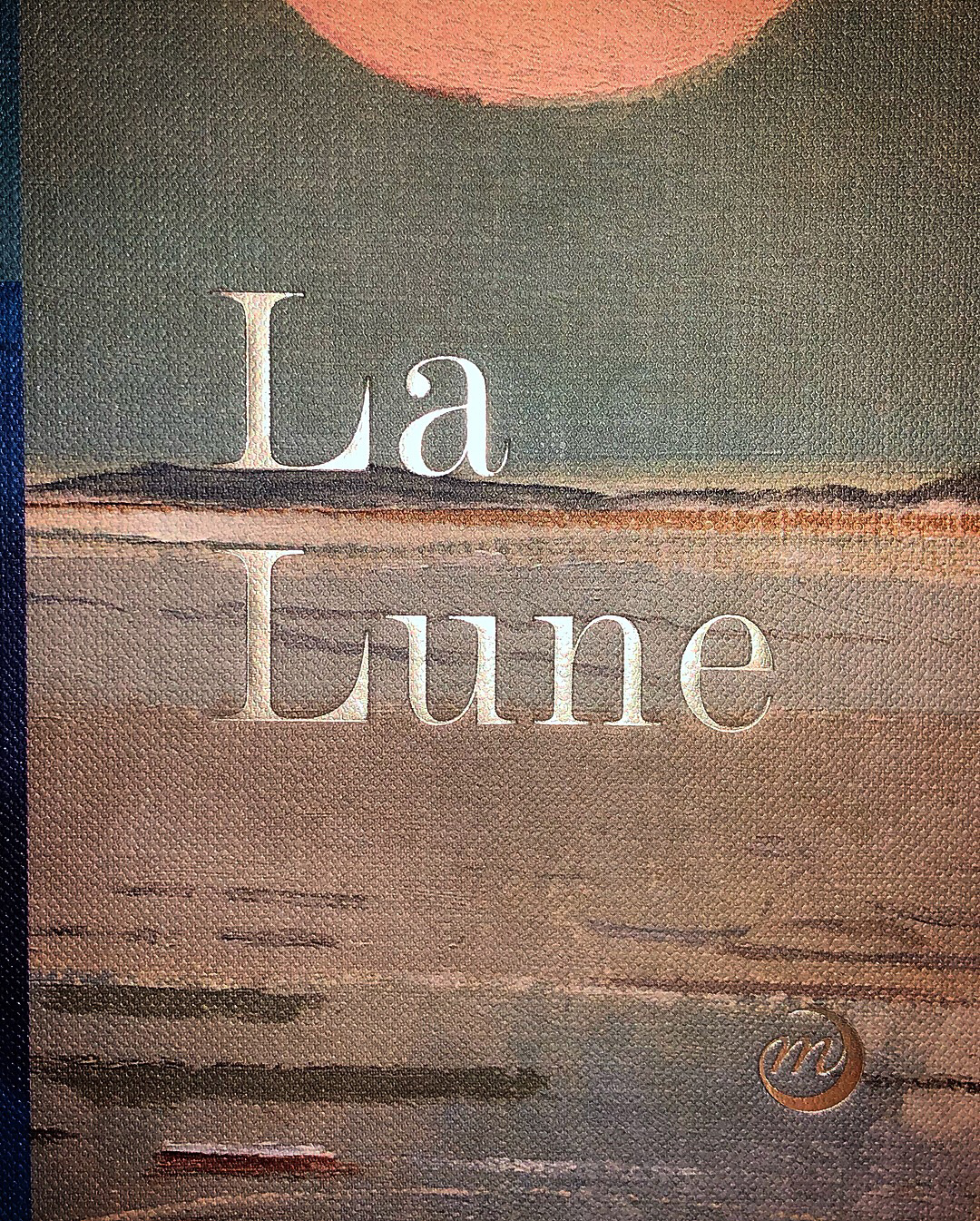
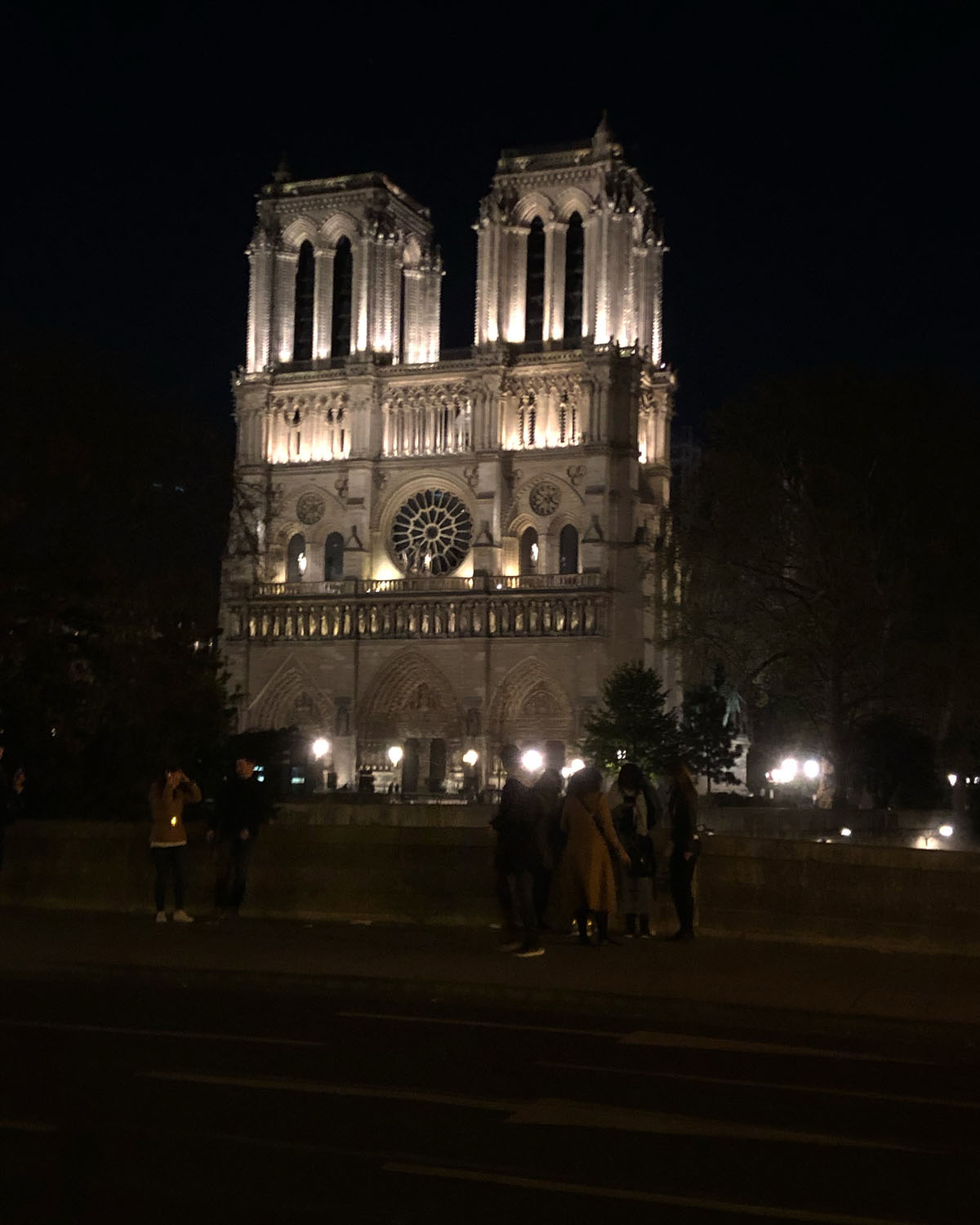
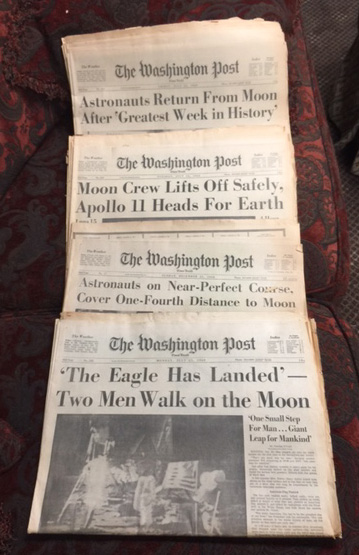
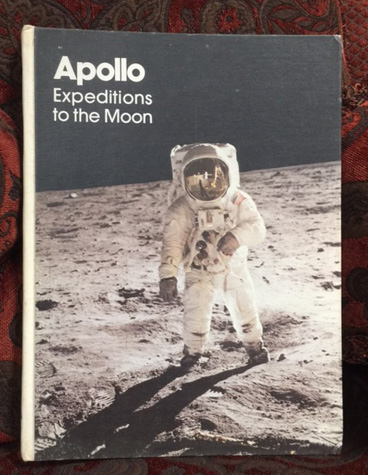
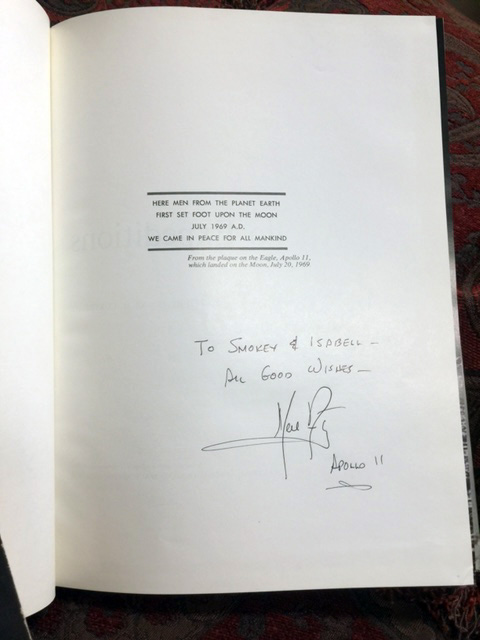
There are no comments to display.